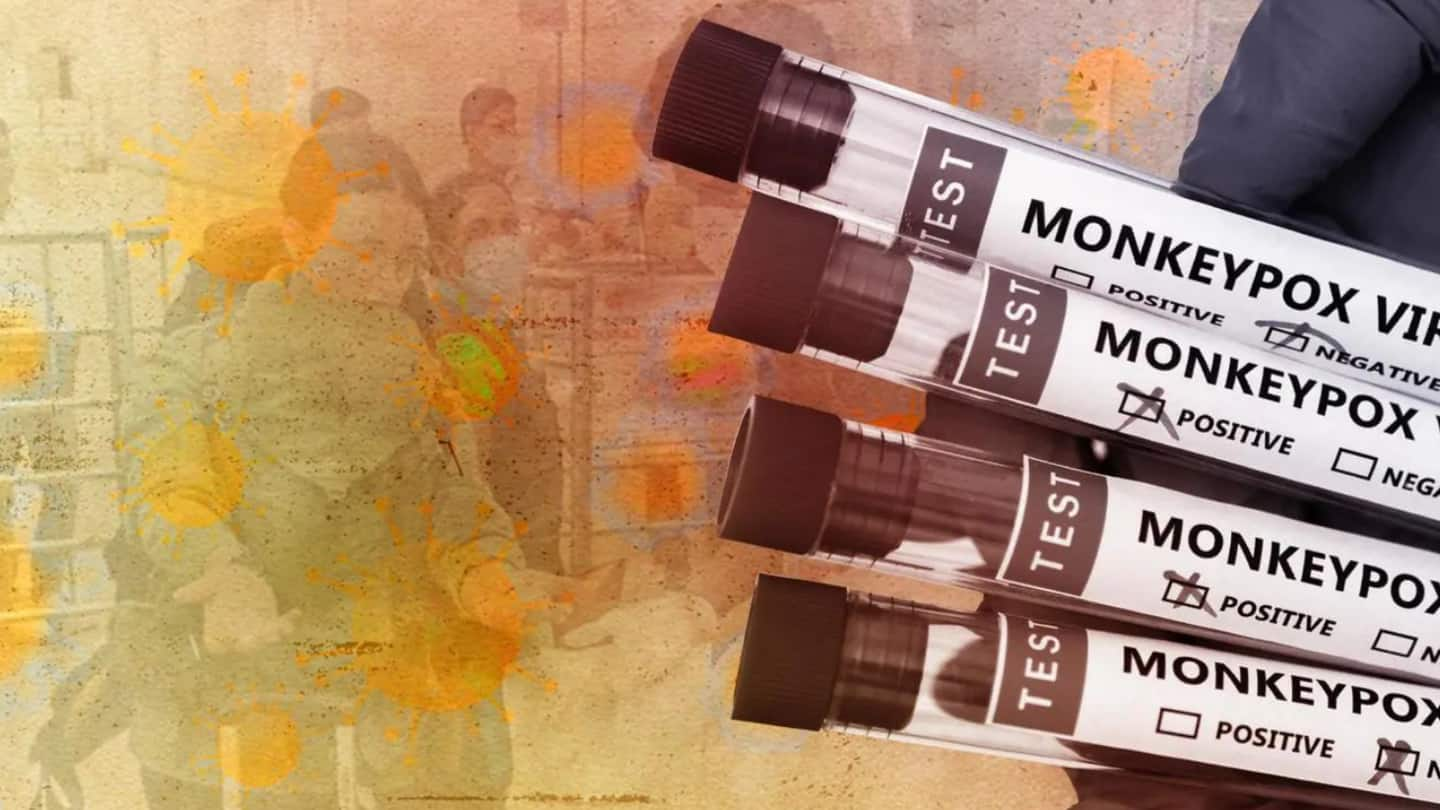
India to battle monkeypox with targeted 'ring vaccination' strategy
What's the story
India is likely to adopt a new strategy to battle the monkeypox virus.
Instead of mass vaccinations, under this strategy, people who have come in contact with an infected person and medical staffers will be immunized.
Union Health and Family Welfare Ministry officials said the approach will target close relatives/immediate contacts of those suffering from the infection.
This strategy is known as "ring vaccination."
Context
Why does this story matter?
With the World Health Organization (WHO) declaring monkeypox a "global public health emergency," many are wondering if it will be the next disease the world should worry about.
The arrival of monkeypox has prompted health authorities in India to install surveillance systems and impose a high alert in several states.
The country has reported nine confirmed cases of this viral infection so far.
Vaccine
Ring vaccination strategy targets close associates of patients
Ring vaccination targets the immediate contact of an infected individual to contain the virus spread. The strategy has already been adopted by the US and several European countries.
Mass vaccination isn't needed for monkeypox at the moment, per the Health Ministry.
The National Institute of Virology (NIV), Pune, has isolated the monkeypox strain and invited pharmaceutical companies to explore prospects for developing vaccines/diagnostic kits.
India
India to avoid mass vaccinations for monkeypox
Despite monkeypox cases crossing the 20,000 mark globally, none of the countries have implemented a mass vaccination strategy.
"We may opt for ring vaccination strategy...however, we have not taken any call on it," an official at the Indian Council of Medical Research (ICMR) told Mint.
They further added the government may buy some available vaccines but "will not issue any guidelines for mass vaccination."
Target
What is ring vaccination?
To recall, ring vaccination had successfully contained Ebola and smallpox outbreaks by inoculating a "ring" of at-risk people around the patient within four days of exposure.
However, a non-peer-reviewed study by Universite Paris Cite in France says that the strategy may not be effective in curbing the monkeypox outbreak.
Of the 276 patients tested in the study, 12 contracted monkeypox despite being vaccinated.
Treatment
What are the vaccines and drugs available?
While the WHO has not yet authorized a drug for treating monkeypox, the Food and Drug Administration of the United States (US) has approved a drug called Tecovirimat.
It has not been vetted by Indian officials yet.
Two pre-made vaccines originally meant for countering the smallpox virus can be used to eradicate monkeypox as well, namely ACAM2000 and JYNNEOS.
Quote
Are the pre-existing vaccines safe?
According to Rajeev Jayadevan of the Indian Medical Association (IMA), the two aforementioned vaccines can offer protection but are yet to undergo clinical trials in monkeypox patients. "They also have a significant side effect profile including 1-2% non-fatal cardiac adverse effect risk," he added.
India
Monkeypox cases in India
A 31-year-old foreign national in Delhi tested positive for monkeypox last week, making her the national capital's fourth case. The Nigerian woman was the first female to be infected with monkeypox in India.
India currently has nine confirmed cases across two states: Kerala and Delhi.
Last month, a 22-year-old man died in Kerala's Thrissur after testing positive in the UAE before traveling to India.